Stimulus in the first years
- Between the ages of 0 and 6, 90% of the brain develops. This is a fundamental age group and, therefore, the techniques of care and stimulation have multiplied to favor this development. We have received two experiences in: Haurreskola Juana de Arco and Center for Blind Resources.
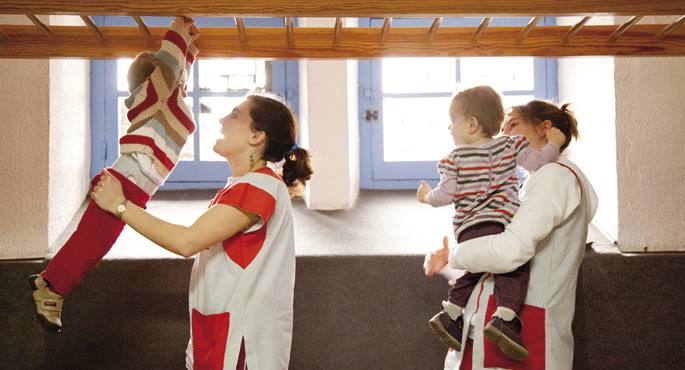
They're about a year old and they're sitting very quiet and quiet in class, in two rows. The walls are full of drawings and photographs and the toys are spread all over the place. In the corner of Miró you can see the works of the Catalan painter. The mirror has a card attached with the “mirror”, the wall the “wall” card, puts the “table” on the table… Today we are photographers and I the entertainment of the children, but the two teachers have tried to attract their attention. One of the teachers has taught them the card that puts “Naroa”. “What do you put here? Naroa; and what is Naroa?...”, raises the hand Naroa and the teacher continues to list the names of all students. They then did the same with the images: show the drawings (sometimes written cards) and repeat their meaning aloud, divided into categories (means of transport, meteorology, household utensils, clothing, food, cooking things, actions, animals…). A math session has also been held, in which the teacher has indicated numbers and taught the children posters with as many points as that number. Finally, you've heard Beethoven's music on the Los Angeles booth.
Children 2 years old, however, have been located in the school gym. They have been prepared with a number of circuits with obstacles to circulating inside a kind of pipe, crawling underneath the benches or passing through the wooden bar. We've also seen them hanging from the bars of the walls and jumping into the trampoline bed. The 3-year-olds have run the circuit, overcoming the hoops placed on the ground, and have turned around on the mattresses.
Joan de Arco, the haurreskola who works in Euskera, we have seen everything; they have been working for 20 years in the early development of skills and now have more than 100 children from 0 to 3 years old in the San Sebastian school. Through early stimulation, the idea is that the child should internalize the knowledge in the world and be strengthened in three areas: intellectual (reading, mathematics, music, English…), physical (mobility, braqueo and balance) and human (behavior, relationships, etc.). ). Marina García, member of the Haurreskola, explains that they perform exercises that help the development of these spaces. He says it is also useful for children to adopt habits and detect their hobby and ease of action, and adds that if the child has any neurological problem, some pathology or something that does not work properly, early development is appropriate to detect it.
After all, the first few years are basic because our brain is then more flexible, is adapting to the environment and has a great capacity for learning and internalization, for absorption. Therefore, there is a wide variety of methodologies and exercises that help to develop the language, communication, coordination, movement, senses, autonomy, affectivity, relationships, expressiveness… of the child.
However, early exercises are criticized: if the child receives stimuli from the outside, he does not learn to undertake on his own, he is only a recipient, and that is why some say that one should stop looking for his own stimuli. To compensate for this gap, García has pointed out that they have other activities: to promote the creativity of children, for example, they have a Project, which each year is linked to a different theme, on which workshops, drawings, stories, practices work... This year, the theme is water, and we have seen in the classrooms the walls of fish, as if they were aquariums. In fact, early capacity development is given a certain amount of time – depending on age – but it is complementary; there is also time to play, to psychomotor activity, to sleep and other activities in haurreskola, which are also important.
Blind to adapt to the environment
The Resource Centers for Blind People of the capitals of Hego Euskal Herria also works early care with children aged 0-6 years, whether the child has been born blind or whether the visual problem can affect evolutionary development – for example, when he has problems with image interpretation, but not if he sees well with glasses. The colleague from the center of Gipuzkoa, Mertxe Andrés, prefers to call early attention, not early stimulation, “not at least if we understand that we have to send stimuli continuously to the child, because our intention is to focus on their needs, teach them how to cope with difficulties and provide them with resources that help them adapt to the world in which their lack becomes evident”.
What do they do for that? The blind are working on spatial orientation from birth onwards. For example, you put sonajeros on the right and on the left, up and down, so you know that the sound indicates that there's something on the right, on the left, up or down, that you can touch and play, but even when it doesn't sound, you have to understand that there can be something there. With those who are not entirely blind, they try to detect their visual ability: what they see and not, how far, how they move and see what they oppress, how they interpret it… On the other hand, they prepare exercises tailored to each other’s needs, based on the game. If the child sees from one eye, and that's why he directs his head to that side, for example, warning games of the existence of the other side. They also use the computer frequently: they put pictures of relatives on the screen, in different sizes, to learn how to look and put their gaze at a certain point; or they touch the ball moving from one side to the other on the screen of the computer, to track things with their eyes and to control their gaze.
However, Mertxe Andrés has explained that the development of the child is integral, so along with the view we also work in areas such as mobility, cognitive or social. And above all, he stressed that the involvement of parents in the early years is fundamental, that they have to work almost more with the father and mother: “For example, a mother told me the other day that her son was looking away when he was playing with her, but no, the child corrects to his mother the strongest meaning he has: the ear. Sometimes they come saying ‘Woe to my poor son’ and we have to tell them that no, that the child takes good, because otherwise they transmit this feeling, that he is incapable; and on the contrary, the child comes as if he had no needs and we have to teach others that in some ways they have to help their child.”
We asked Mertxe Andrés if early care is effective and answered that it is essential with the blind: “With the rest, I thought, if I had not worked with this child, where would it have come?” Maybe the same place, maybe not, but I think they are exercises that help them cope with the difficulties, and because of that they are able to do so. After all, the first few months are so important, you're in touch with the world, and it gives children the security to adapt, and don't say anything to parents."
The time has come for us to enrol in schools in the Basque Country for the 2025-26 academic year, and in many homes the youngest of the household will take a new step soon, in September, which is schooling. Proud of the Basque Public School The members of Topagune are firmly... [+]
Since the adoption of the new Education Law for Álava, Bizkaia and Gipuzkoa, we are hearing/reading again and again that education will be free from now on. We have listened to different actors, including the Department of Education, and in the interviews we offer to the media,... [+]
There are many ways to gain power; not all are beautiful. There are those who want to divide the power and the responsibility that it entails with it, who seek authority. Others have a lot of respect for him and the fact that each step is so measured makes them unable to make a... [+]
On February 3rd, the time has begun to pre-enroll our children and young people in schools, and as every year we would like to remind you why we do not think it is a good idea to enroll them in religion. Last year we finished the article saying that “many of you will be... [+]
From the Association of Parents of the Instituto Arratia Small Tram we want to encourage reflection on the use of screens in the learning community.
Lately there is a lot of concern about the impact of screens on children and adolescents. This responsibility extends from... [+]
There are concepts that appear everywhere during certain periods, which also become mantras. They appear to us in a positive and necessary way, without too much debate and without thinking about them. It seems to me that one of these mantras is internationalization, which has... [+]












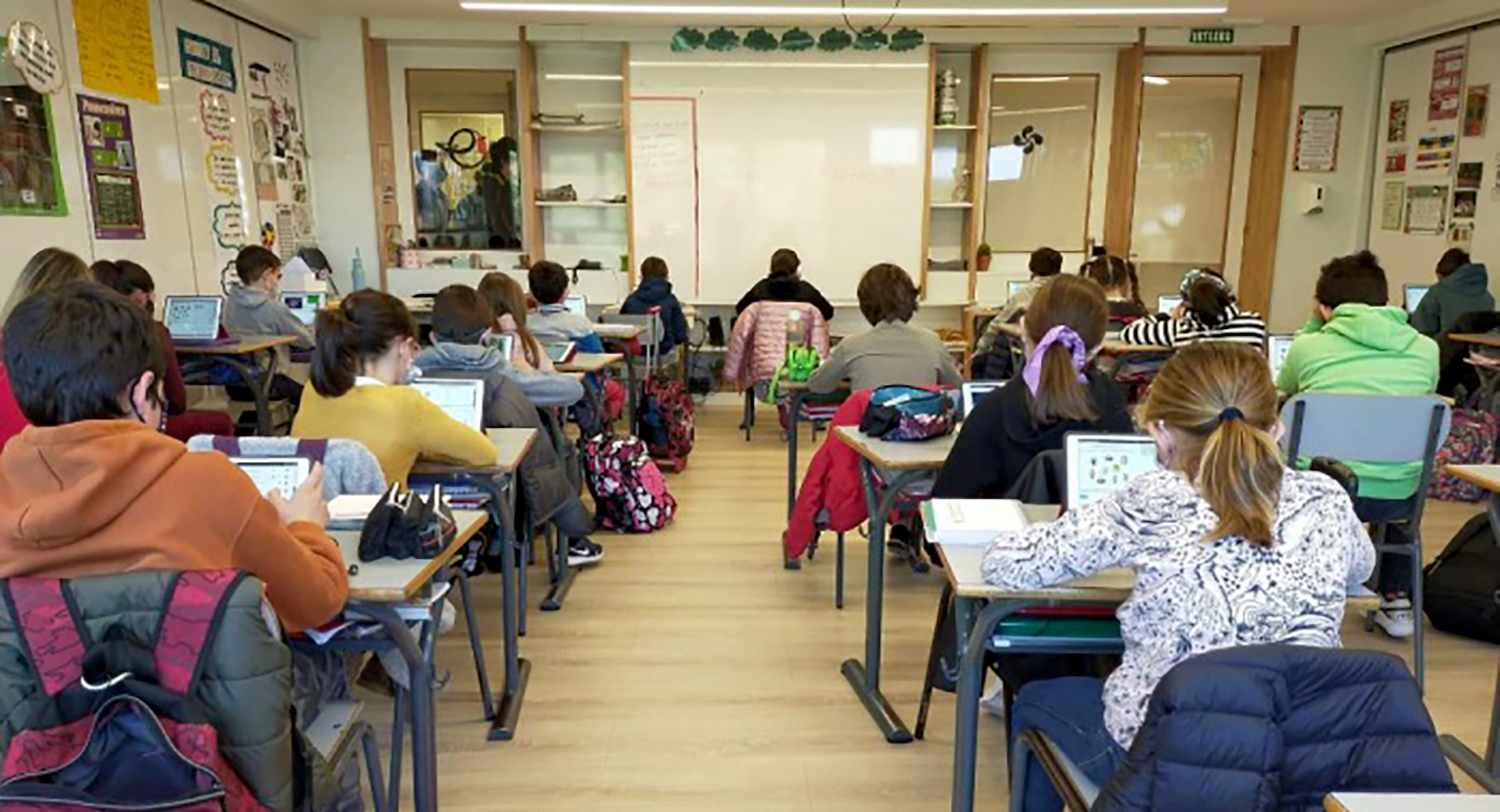

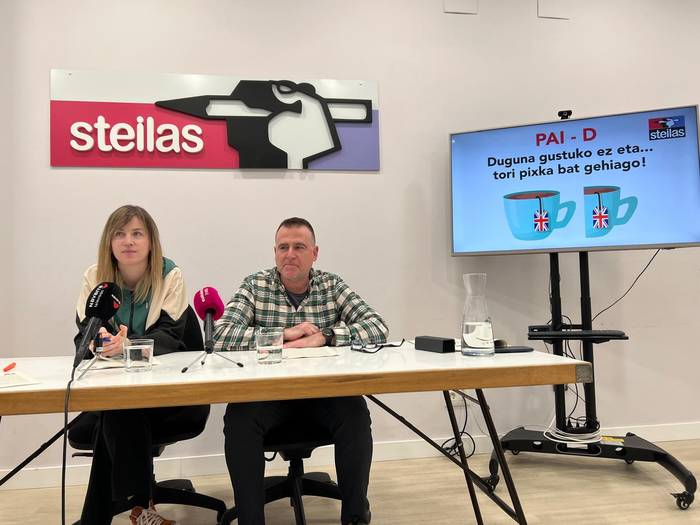
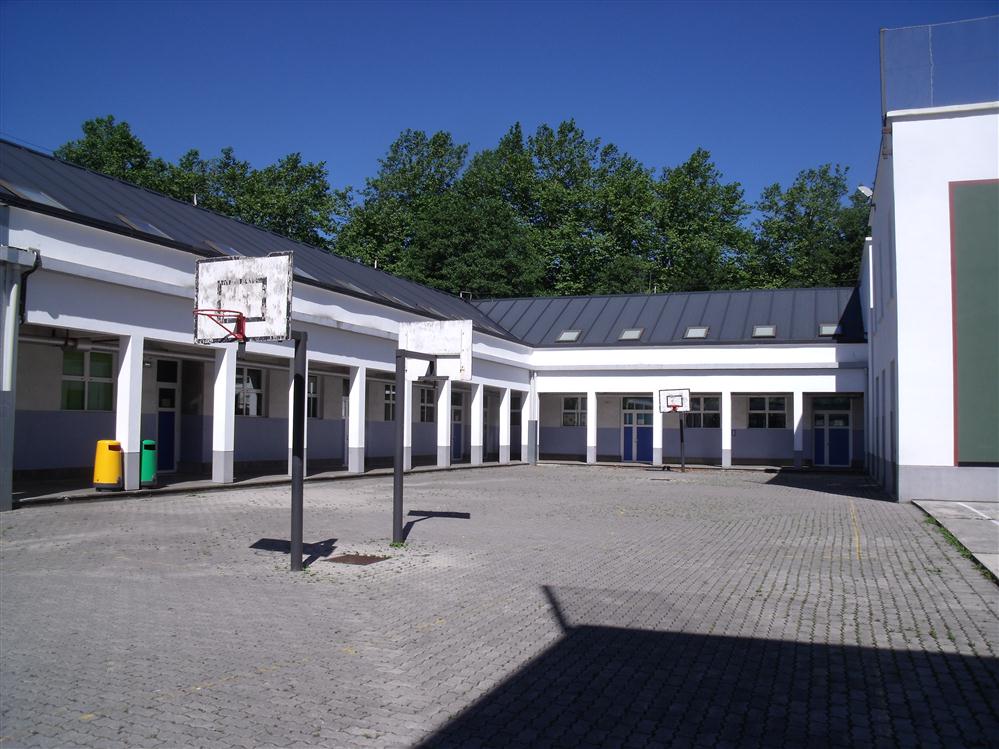
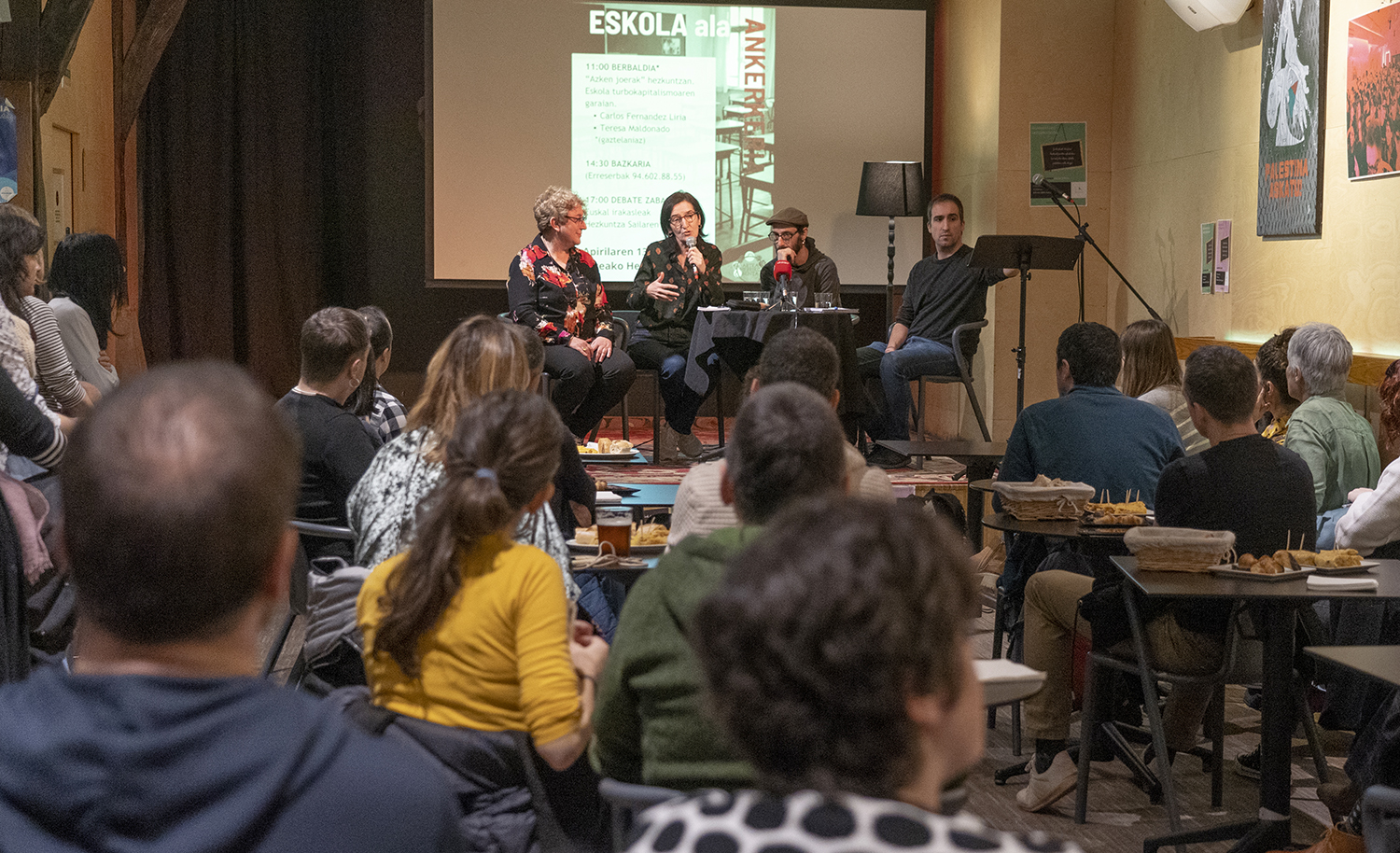
_2.jpg)
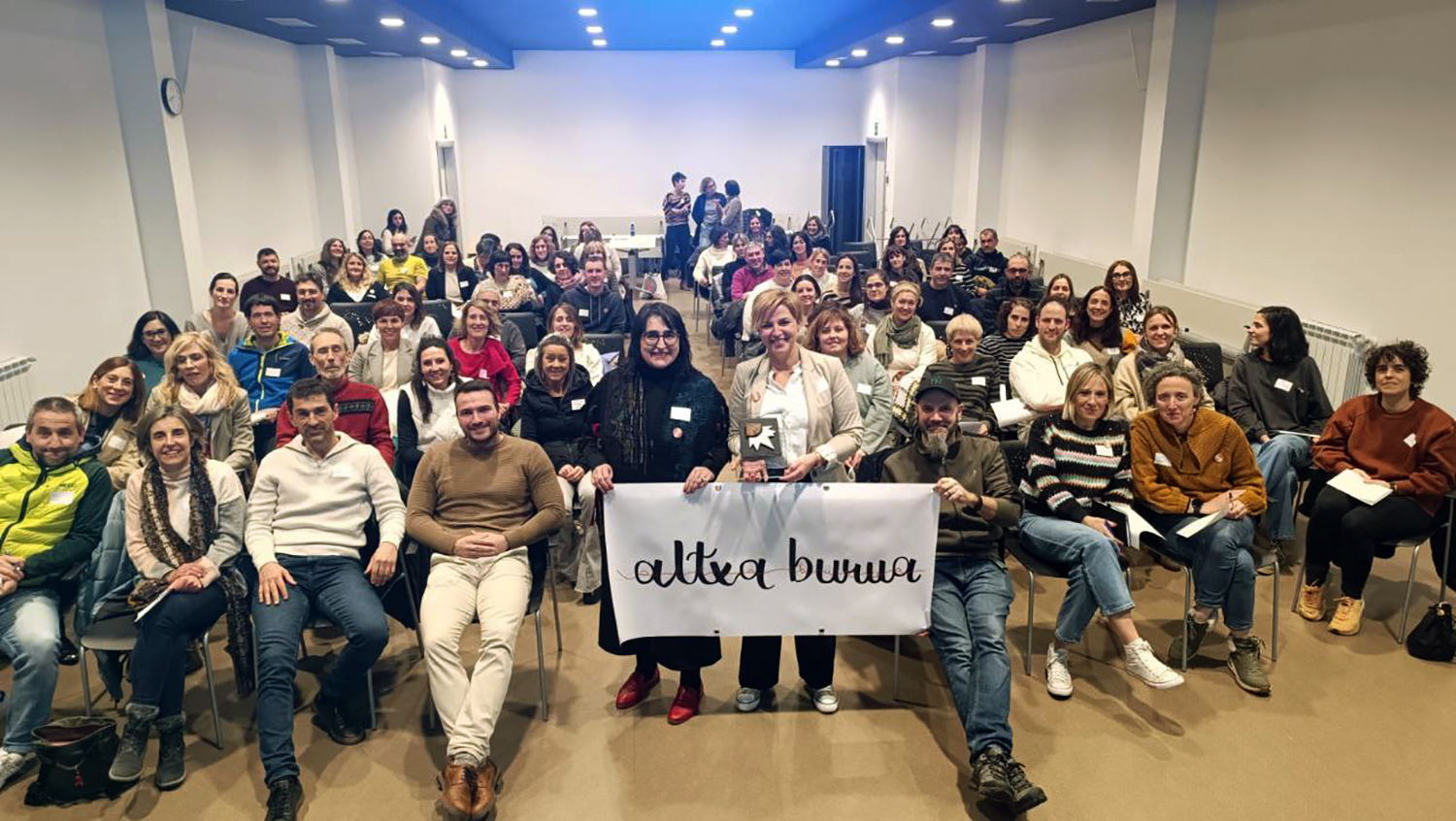
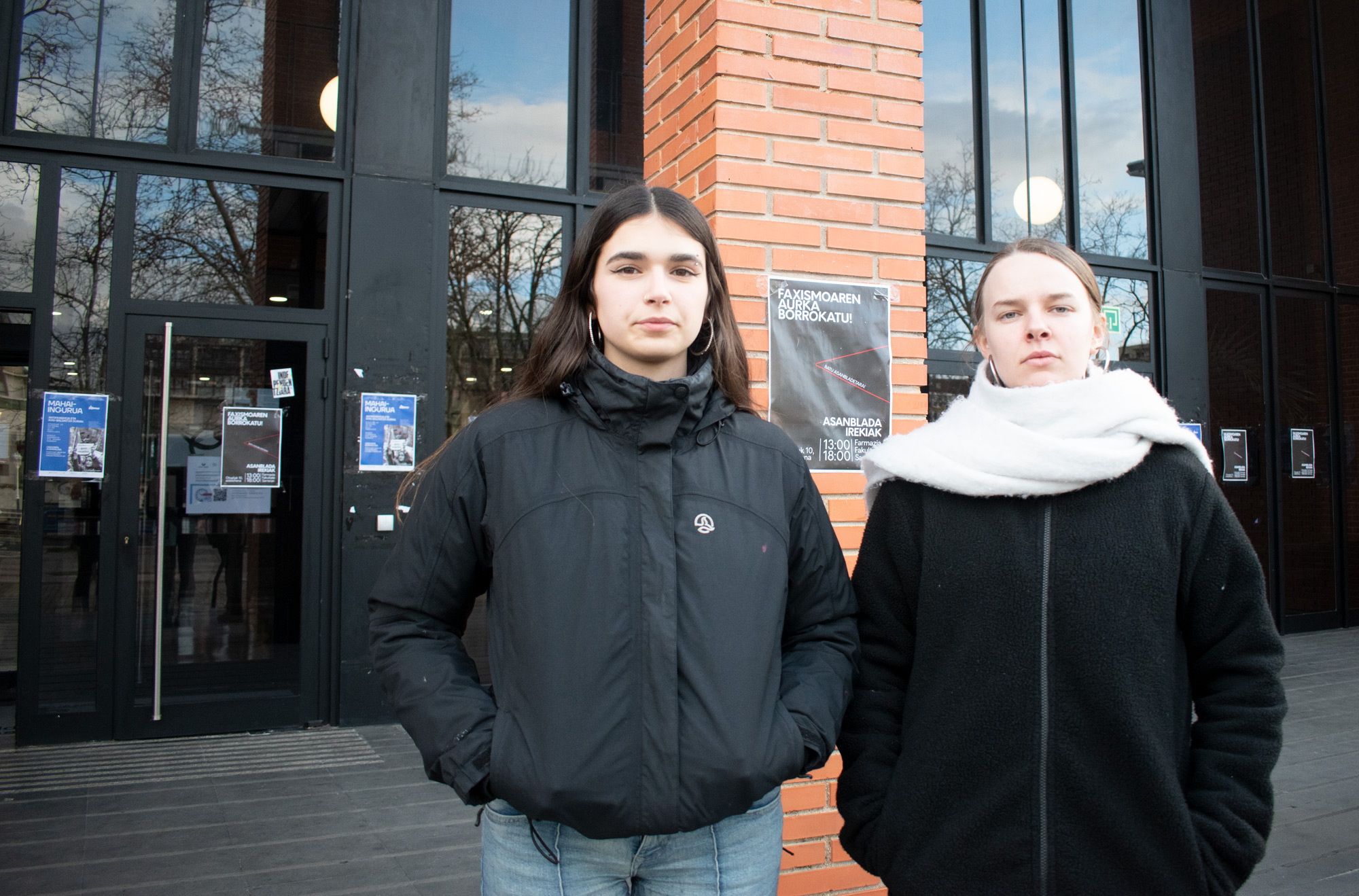
_2.jpg)
